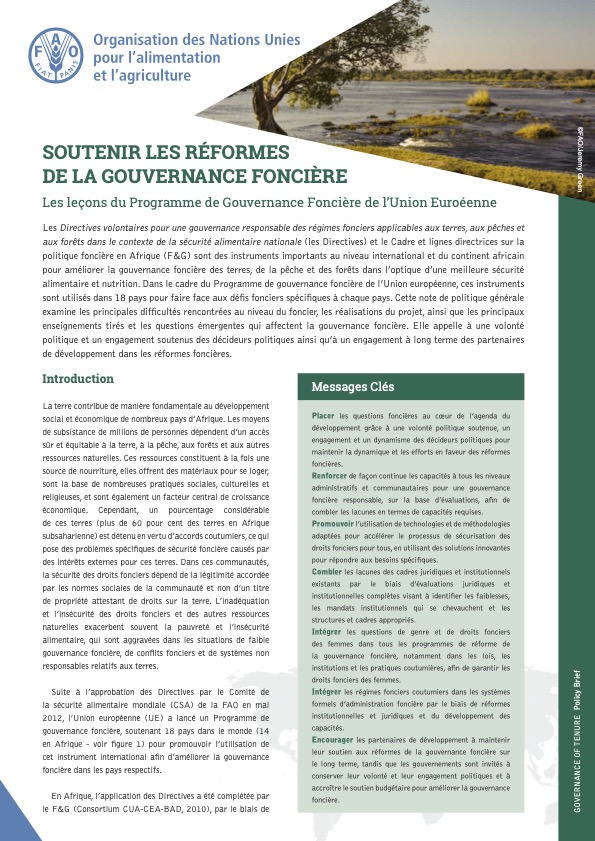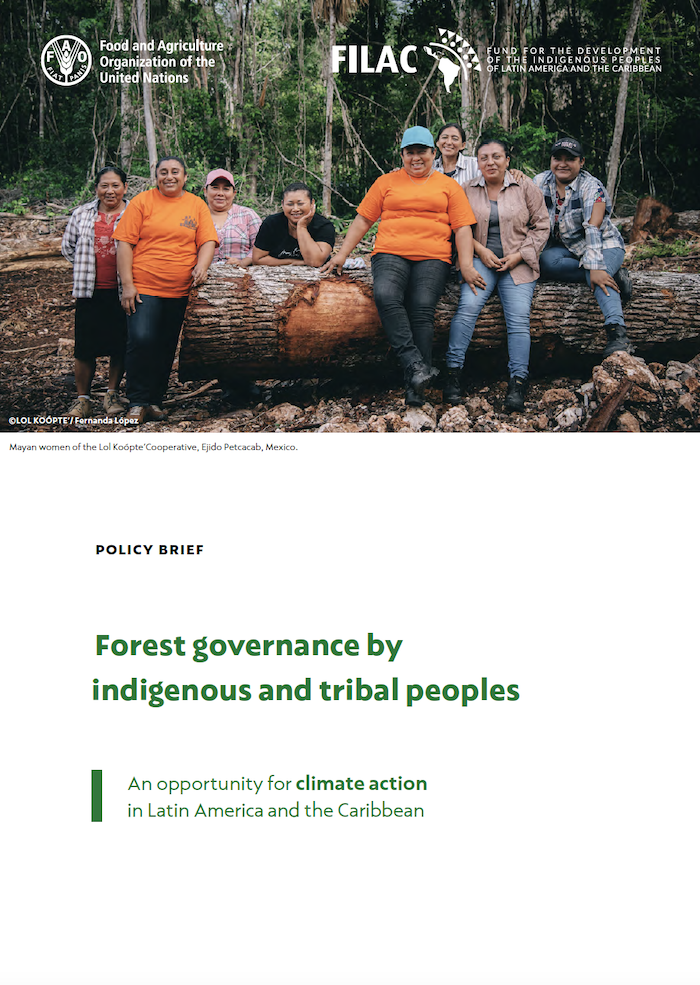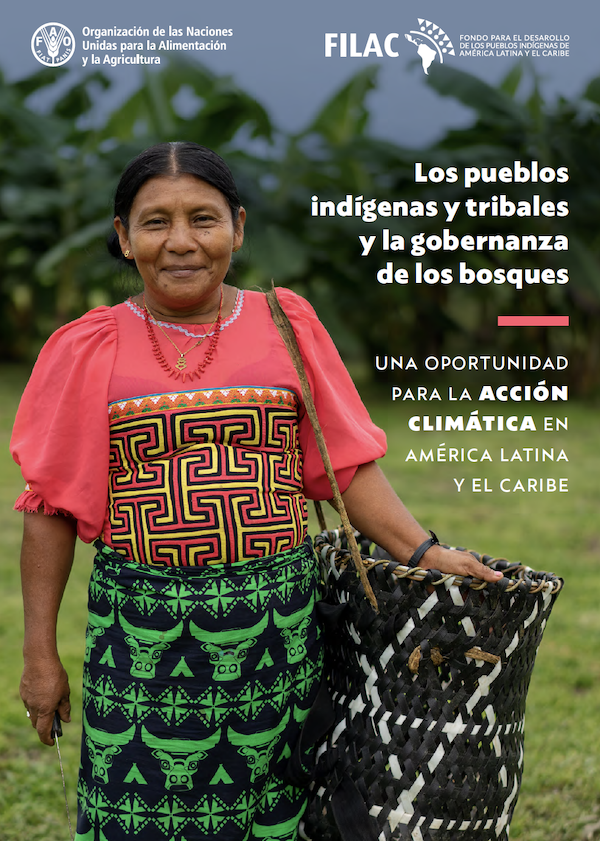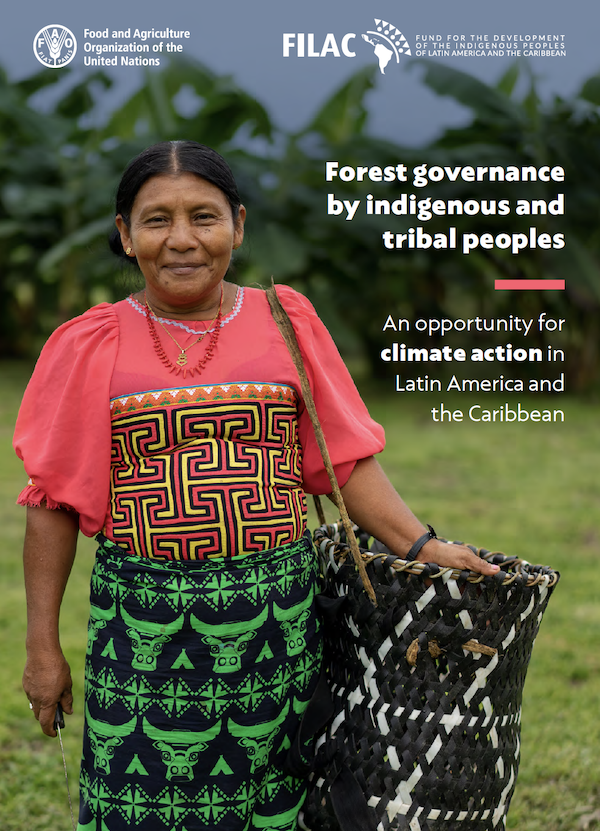Focal point
Location
The Food and Agriculture Organization of the United Nations leads international efforts to defeat hunger. Serving both developed and developing countries, FAO acts as a neutral forum where all nations meet as equals to negotiate agreements and debate policy. FAO is also a source of knowledge and information. We help developing countries and countries in transition modernize and improve agriculture, forestry and fisheries practices and ensure good nutrition for all. Since our founding in 1945, we have focused special attention on developing rural areas, home to 70 percent of the world's poor and hungry people.
Members:
Resources
Displaying 26 - 30 of 5083SOUTENIR LES RÉFORMES DE LA GOUVERNANCE FONCIÈRE
Les Directives volontaires pour une gouvernance responsable des régimes fonciers applicables aux terres, aux pêches et aux forêts dans le contexte de la sécurité alimentaire nationale (les Directives) et le Cadre et lignes directrices sur la politique foncière en Afrique (F&G) sont des instruments importants au niveau international et du continent africain pour améliorer la gouvernance foncière des terres, de la pêche et des forêts dans l’optique d’une meilleure sécurité alimentaire et nutrition.
Metadata on SDGs Indicator 2.4.1
Indicator 2.4.1: Proportion of agricultural area under productive and sustainable agriculture
Policy Brief: Forest governance by indigenous and tribal peoples
Indigenous and tribal peoples control about one third of Latin America and the Caribbean’s forests. Supporting their efforts to control, sustainably manage, and benefit from these forests can greatly help to solve the problems of climate change, loss of biological and cultural diversity, rural vulnerability, and food insecurity.
Los pueblos indígenas y tribales y la gobernanza de los bosques
El propósito de este informe es dejar en claro la importancia y urgencia para la acción climática de proteger a los bosques de los territorios indígenas y tribales y a las comunidades que los cuidan. Con base en la experiencia reciente, se propone un conjunto de inversiones y políticas para ser adoptadas por los financiadores climáticos y decisores gubernamentales, en coordinación con los pueblos indígenas y tribales.
Forest governance by indigenous and tribal peoples
This report highlights the importance and urgency for climate action initiatives of protecting the forests of the indigenous and tribal territories1 and the communities that look after them. Based on recent experience, it proposes a package of investments and policies for climate funders and government decision-makers to adopt, in coordination with the indigenous and tribal peoples.










